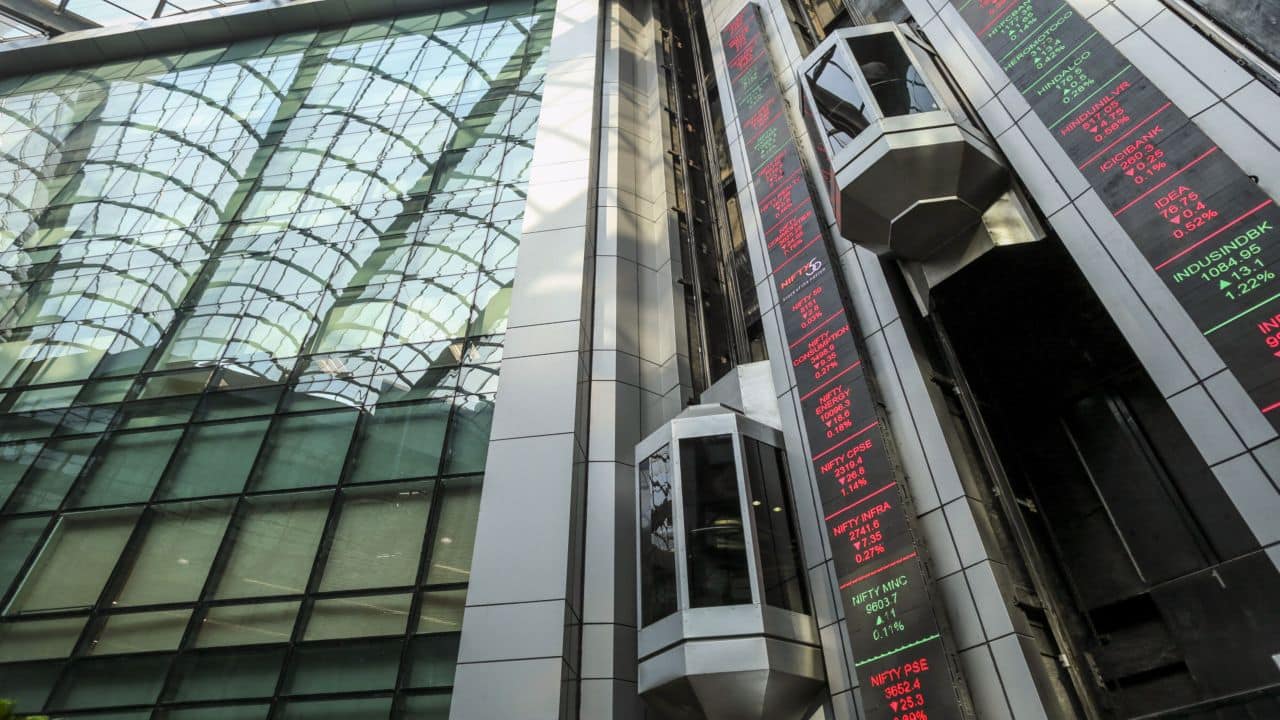 |
|
The Indian options market has become a battleground between high-speed traders and individual investors, with the former emerging victorious. A recent study by the Securities & Exchange Board of India (SEBI) revealed that foreign funds and proprietary trading desks, leveraging sophisticated algorithms, generated a staggering Rs 58,840 crore ($7 billion) in gross profits from trading Indian equity derivatives in the financial year ended March. This windfall, however, came at a significant cost to individual traders, who collectively lost Rs 61,000 crore dabbling in futures and options during the same period.
The study's findings underscore the growing concerns about the dominance of algorithmic trading in India's financial markets. Experts like Karthick Jonagadla, CEO of Quantace Research and Capital Pvt., emphasize the near-impossibility for individual traders to compete with mathematically-driven models, highlighting the significant advantage held by high-speed traders. These traders, equipped with advanced technology and immense capital, can execute trades at lightning speeds, effectively capturing market inefficiencies and leaving retail investors at a disadvantage.
The situation has prompted SEBI to take steps to curb the rapid growth of the equity derivatives segment, which witnessed a turnover exceeding $6 trillion in early February, surpassing the nation's entire economic output. The regulator has repeatedly cautioned small investors about the inherent risks associated with derivatives trading, particularly against sophisticated and well-funded financial market players. The study reinforces these warnings, revealing that nine out of every 10 retail derivatives traders lost money in the three years leading up to March, with an average loss of Rs 2 lakh per trader. Only a meager 1% of traders managed to make profits exceeding Rs 1 lakh. The stark disparity in trading outcomes further underscores the vulnerability of individual investors in a market dominated by algorithmic trading.
The revelation that Jane Street Group, a US-based firm, generated $1 billion in profits from a strategy employed in India's derivatives market in April 2023 brought the issue to the forefront of global attention. It exposed the challenges faced by small investors who often find themselves on the wrong side of the trade. As algorithmic trading continues to advance, it raises questions about the future of individual participation in financial markets and the need for regulatory measures to ensure a level playing field for all market participants. The Indian government and SEBI face the critical task of addressing the imbalance in the options market, promoting transparency and protecting individual investors from predatory trading practices.
Source: High-speed traders made $7 billion in India’s options market
